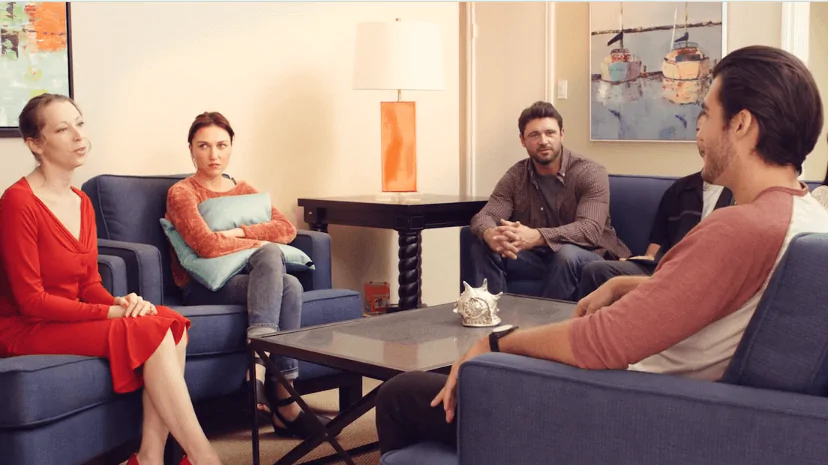24/7 Helpline:
(866) 899-111424/7 Helpline:
(866) 899-1114
Learn more about Bipolar Disorder Treatment centers in Greenfield

Other Insurance Options

Health Partners

Covered California

Amerigroup

Lucent

BlueShield

Carleon

BHS | Behavioral Health Systems

Meritain

Providence

WellPoint

EmblemHealth

Sliding scale payment assistance

UMR

Multiplan

Health Choice

Absolute Total Care

Group Health Incorporated

Self-pay options

Kaiser Permanente

Aetna










Red Rock Behavioral Health Services
Red Rock Behavioral Health Services is a private rehab located in Watonga, Oklahoma. Red Rock Behavi...
















































YouthCare of Oklahoma
YouthCare of Oklahoma is an outpatient clinic that provides mental health and substance use treatmen...

















